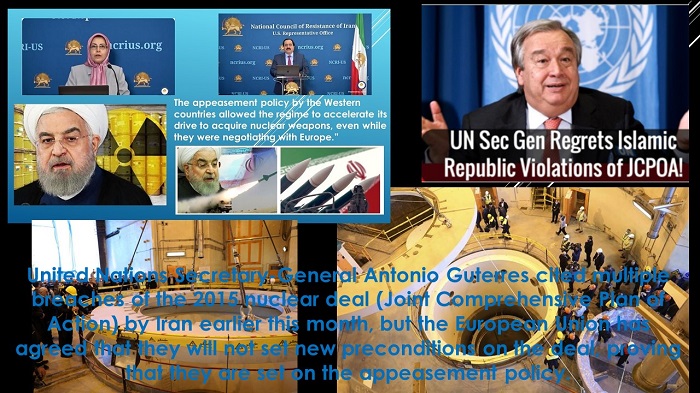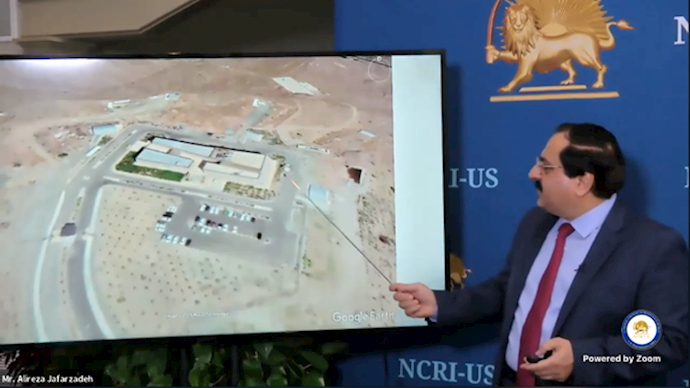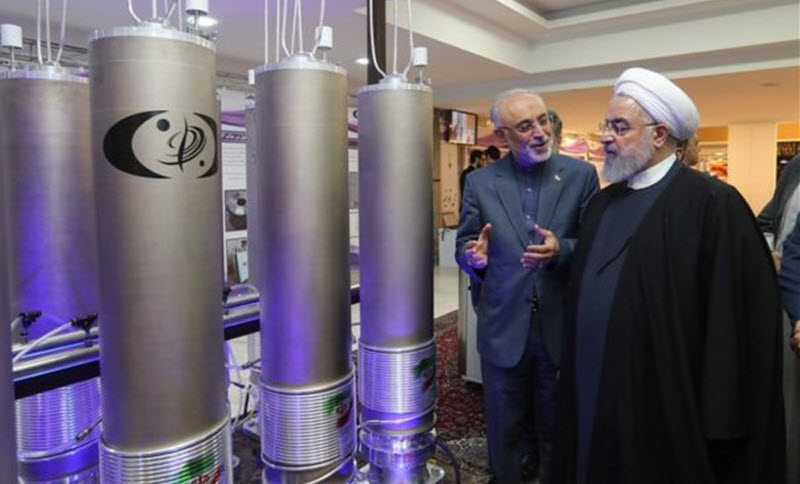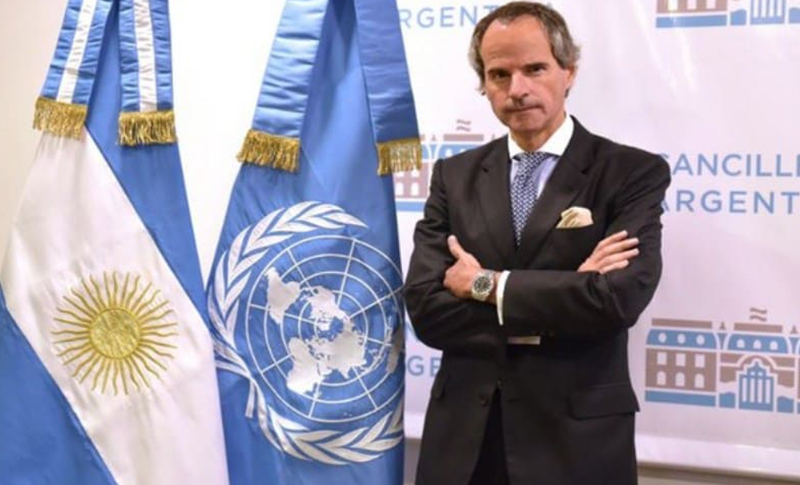
The National Council of Resistance of Iran (NCRI), and the People’s Mujahedin of Iran (PMOI / MEK Iran), reported that in a recent interview, the director-general of the International Atomic Energy Agency said firmly that Iranian authorities must tell the truth about previous nuclear activities that they refused to report prior to the Joint Comprehensive Plan of Action’s (JCPOA) implementation in 2016.
The seven-party agreement was supposed to close the file on Iran’s nuclear research and development’s potential military dimensions, but the problem was essentially swept under the rug in the attempt to wrap up talks that had already extended past several deadlines, and it was believed that new sanctions would put an end to Iran’s nuclear activity.
The clear mistake in this matter was that there was no way for the international community to determine if the restrictions were being met meticulously. The issue was aggravated by the JCPOA’s insufficient inspections on the regime.

Although Iran’s most prominent members immediately demanded that the IAEA should have been given unlimited access to all sites suspected of being involved in nuclear work, the actual agreement only allowed advance access to those sites that Iran had announced. If any other sites were to be suspected, round negotiations would have been initiated.
The IAEA and western signatories regarding the nuclear deal should have corrected the issue right away, but instead, they have essentially allowed the Iranian regime to continue its obstructionist actions up.
Tehran has never provided full or credible answers about the essence of its nuclear activities. Since then, at least two more sites have been revealed as being the location of undisclosed nuclear work that may have had military applications.

Despite the regime’s best attempts to hide its nuclear activities, the IAEA reported in February that it had detected higher-than-normal levels of uranium contamination, strongly indicating that the regime was involved in far more secret nuclear activities than previously suspected.
Unfortunately, once again authorities remained tight-lipped in the face of all calls for more detail in response to these disclosures. In addition, some regime officials have become more outspoken, threatening the West with nuclear weapons and openly bragging about the methods they used to get sanctions relief from the JCPOA without committing to a long-term commitment.

Ali Akbar Salehi, the head of the Atomic Energy Organization, admitted to fraud in nuclear negotiations about the uranium process for nuclear weapons production in November 2019. “They thought that they won the negotiation, but we had a countermeasure, and while we proceeded with the case, they didn’t achieve what they planned for, and we did not become trapped in the enrichment deadlock.”
The JCPOA’s success was always based entirely on the presumption that Iran was genuinely committed to upholding it in the long run. But if that had ever been the case, the regime would not have begun by concealing knowledge that is “interconnected” with any part of the JCPOA, according to IAEA Director Rafael Grossi.

In fact, the Iranian regime’s every sign of compliance has been conditional on the regime’s self-benefit. Now that those benefits aren’t coming, the regime is attempting to coerce the U.S. and Europe into making new compromises by committing repeated violations and raising concerns about secret locations.
MEK Iran (follow them on Twitter and Facebook)
and People’s Mojahedin Organization of Iran – MEK IRAN – YouTube







